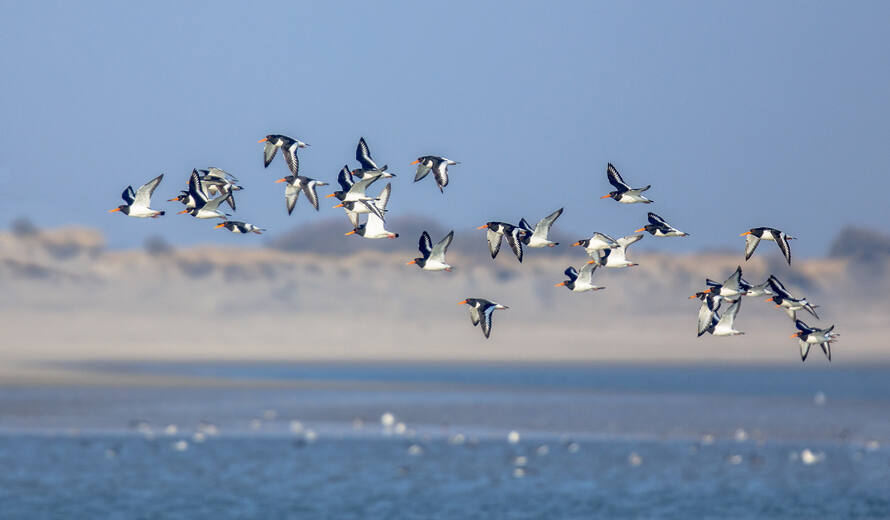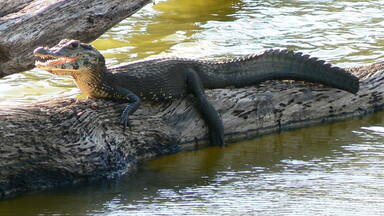World Migratory Bird Day, 11 May 2019
This year’s World Migratory Bird Day is dedicated to highlighting the problem of pollution with the theme, ‘Protect Birds: Be the Solution to Plastic Pollution.’
Waste and pollution are harmful to many World Heritage sites. Increased tourism means that more people are leaving trash at the world’s most iconic places. World Heritage sites are key stopover sites for birds, so the effective conservation of these sites is crucial for migratory bird conservation on a global scale. We therefore need to learn to visit sites without leaving a trace behind.
Marine pollution in particular, is also a problem at many World Heritage sites, where waste such as plastics wash up on beaches. Birds, turtles and marine mammals get entangled in marine litter or mistake it for food, leading to high mortality rates.
Several World Heritage sites which are flyways for migratory birds have created clean-up and awareness programmes, which serve as a model for solving plastic pollution in protected areas around the world.
In iSimangaliso Wetland Park (South Africa) part of the African-Eurasian Flyway, there are regular clean-ups and awareness programs to protect the beaches along its 220km of coastline. A public works programme, ‘Working for the Coast’, regularly cleans trash from the coast, maintains visitor facilities and removes invasive alien vegetation.
While part of the problem can be addressed at the local level through clean-ups and other initiatives, a core part of the solution in reducing marine litter at World Heritage sites will require strategic global action. Last year, World Heritage marine managers and marine litter experts from around the world met at the Island of Norderney in the Wadden Sea (Denmark, Germany, Netherlands), also part of the African-Eurasian Flyway, World Heritage site to discuss impacts of marine litter and plastics.
Despite this progress, there is still a long way to go. Ecosystems and biodiversity are deteriorating faster than at any time in human history, undermining humanity’s well-being and future existence. This was the alarming message sent this week in the Global Assessment Report on Biodiversity and Ecosystem Services by the Intergovernmental Science-Policy Platform on Biodiversity and Ecosystem Services (IPBES), launched at UNESCO in Paris on Monday 6 May. The Assessment Report calls for a transformative change to our consumption and production patterns in order to safeguard the planet’s life support system.
We must take action. Cleaning up is just a start—we also need to recycle and not put waste in our irreplaceable World Heritage sites. The future of migratory birds depends on it.
Mechtild Rössler
Director
UNESCO World Heritage Centre

